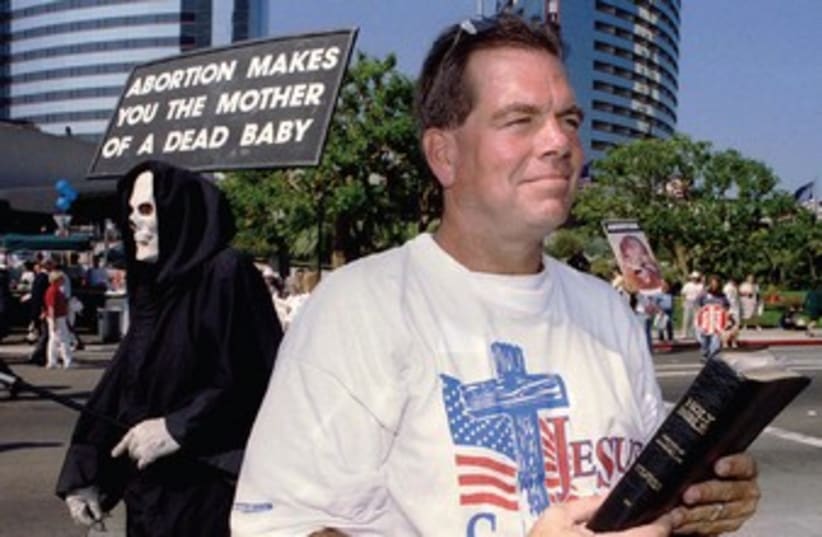Is abortion in Christianity a mistranslation of Bible?
No Holds Barred: The Guttmacher Institute’s data that 85% of all abortions take place outside of marriage would have us address the subject not as a social wedge issue but by cultivating a culture that commits to marriage.
